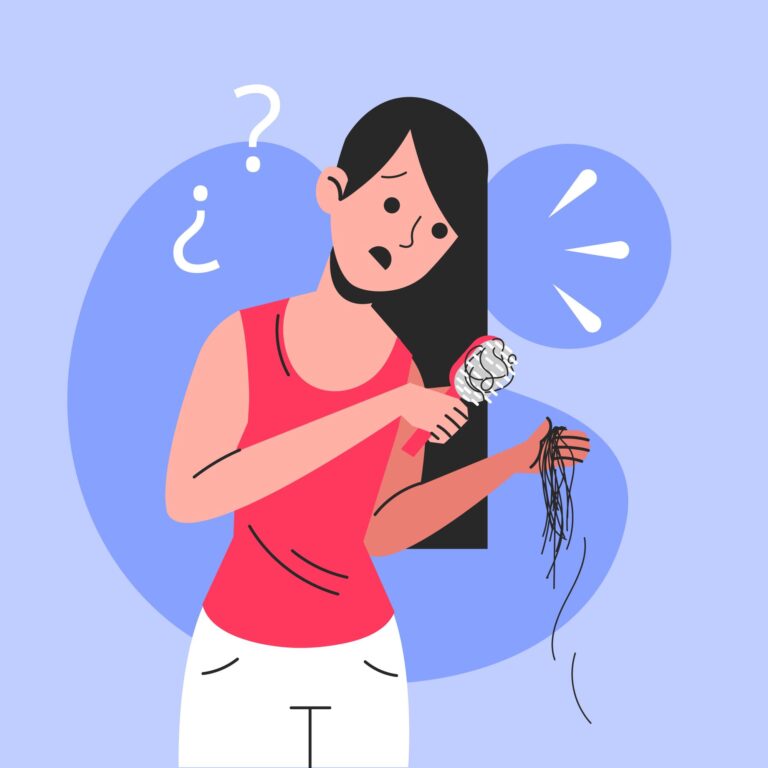
In Ayurveda, sleep (Nidra) is one of the fundamental pillars of good health. It’s not just a way to rest the body, it’s essential for restoring energy, mental clarity, and emotional balance. But not all sleep is equal, and Ayurveda has specific views on when and how we should sleep.
Why Daytime Sleep Is Generally Discouraged
According to Ayurvedic wisdom, sleeping during the day can disturb the natural balance of Kapha and Pitta doshas. This imbalance may slow down metabolism, clog bodily channels, and lead to issues likeIf you don’t sleep well at night and try to catch up during the day, it may actually worsen Kapha imbalance, leaving you even more tired and prone to weight gain.
When Is Daytime Sleep Acceptable?
While daytime naps are generally avoided, Ayurveda makes a few exceptions. A short nap around 48 minutes (one muhurta) is considered acceptable in certain cases:
- Children and elderly people
- Those who are physically weak or underweight
- After long travel or extreme physical activity
- In cases of exhaustion or overexertion
Who Should Avoid Daytime Sleep?
If you have a Kapha or Pitta constitution, or are dealing with conditions like:
- Obesity
- Thyroid issues
- Diabetes
- A sedentary lifestyle
it’s best to avoid daytime napping altogether. It may worsen your symptoms and slow down your healing process.
Tips if You Really Need a Nap
If you’re extremely tired and feel the need to rest during the day:
- Opt for a seated nap instead of lying down; this reduces Kapha aggravation.
- Always wait at least 1 to 1.5 hours after eating before napping.
- After meals, walk 100 steps to aid digestion and keep your energy moving.
In short: Sleep is vital, but timing and posture matter. Listen to your body, follow the natural rhythms, and when in doubt let Ayurveda guide the way to balanced rest.





